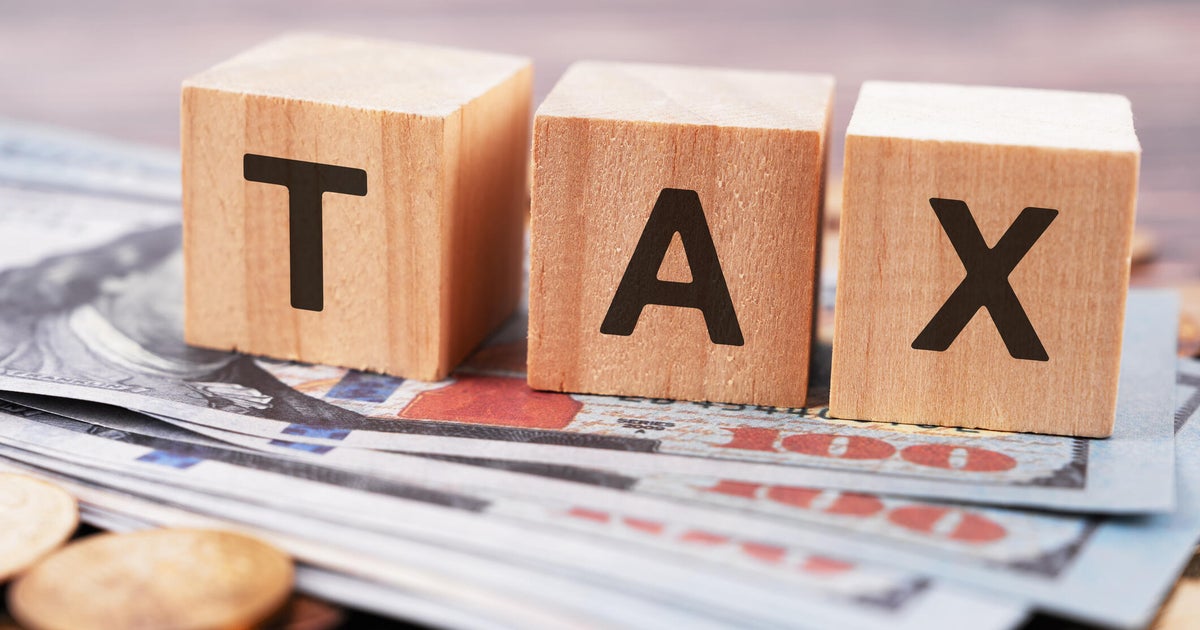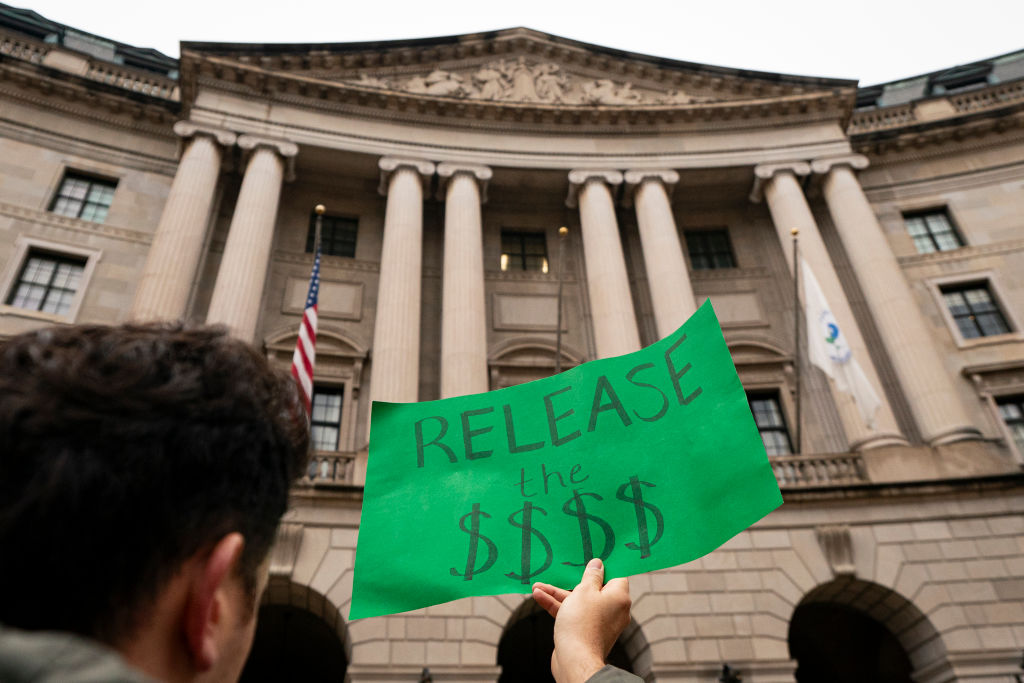The IRS says it's sitting on $1.4 billion in taxpayers' money
Attention, taxpayers: If you haven't filed a tax return for 2015, your time to claim money owed you is running out. The Internal Revenue Service said as many as 1.2 million Americans who haven't claimed a tax refund for that year have until April 15 do so.
And those refunds could be substantial. The agency said this week that as much as $1.4 billion in unclaimed refunds could be up for the taking.
The IRS has issued estimates of unclaimed money in March of every year, partly as a public service and partly to encourage people to file their taxes. But the $1.4 billion estimate for tax year 2015 is the highest the "unclaimed funds" figure has been in over a decade. (Most years it's hovered around $1 billion, but it hit $2.2 billion in 2002.)
Why is there unclaimed money?
Since the 1940s, the U.S. government has collected individual taxes by taking that money directly out of workers' paychecks. Sometimes it takes out too much. If a taxpayer wants any of it back, they have to file a refund.
Because most regular Americans don't actively hand the government money, many may not realize they've had taxes taken out of their wages--particularly if they didn't do much paid work in a given year. Students or part-time workers in particular could fall into this category, the IRS said. And for many people, "there's an innate suspicion about filing taxes," said Paul Harrison, director of the tax center at the Center for Economic Progress in Chicago, which serves low- and middle-income people.
"Congress has never given the IRS enough money to educate taxpayers on what it means to file a tax return, why you should file a tax return—that's largely been left to moms and dads, or the commercial tax preparation industry," he said.
It's still an estimate
The IRS' figure, while dramatic, is just a best guess, tax professionals caution. That's because there's no foolproof way to accurately measure an activity that doesn't happen.
"The operative word is 'potentially unclaimed refunds,'" said Janet Holtzblatt, a senior fellow at the Urban-Brookings Tax Policy Center. "The IRS has some information, but not all information, about the taxpayer if he or she does not file." So the IRS might have information from employers, banks or casinos on money that was paid out—with taxes withheld—and know that the person who received it didn't file a tax return. But they won't have complete information on that person's income, work or family circumstances, which determines their tax liability and any refund.
Some stay incognito
Even workers who know they overpaid on taxes could decide against claiming the money. Some may decide a small refund isn't worth claiming, relative to the $170 to $450 they can expect to pay a tax pro to file a return. (While about two-thirds of taxpayers are eligible to file online for free, less than 2 percent actually do so, according to IRS figures.)
Other taxpayers might want to stay unknown to the IRS, whether it's because of their immigration status or for other reasons, said Holtzblatt. And others might not file because they could owe money to a government agency or another party—and the tax code allows the government to intercept tax refunds for that purpose.
"The taxpayer might know a refund is there but know the refund is not worth applying for, because the money is going to go elsewhere," Holtzblatt said.
It's probably a good idea to file
If you're not sure whether you're due a tax refund, the way to know for certain is to file a return. (While you're at it, look around for other unclaimed assets the U.S. Treasury or your state might owe you). Even if you're sure you won't get a refund, tax pros say that if you can file a return, you probably should, as a way to guard against identity theft and strengthen your personal financial record.
Filing a return with your social security number "locks down" that number, preventing would-be thieves from using it for fraudulent purposes. And filing now for previous tax years could reveal a previous identity theft.
Filing also creates a record of your income and taxes for a given year—paperwork that is essential for many large-scale financial transactions. Banks may want to see past returns if you're applying for student loans, personal loans or a mortgage. Many landlords, especially in tight housing markets, could also request to see tax returns before they'll rent to a tenant.
Finally, if you do owe money, it's better to file earlier than make the IRS track you down, say taxpayer advocates. It's almost always possible to negotiate a payment plan, an extension, or even a smaller payment, in the case of hardship.





